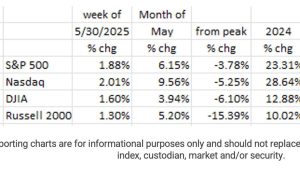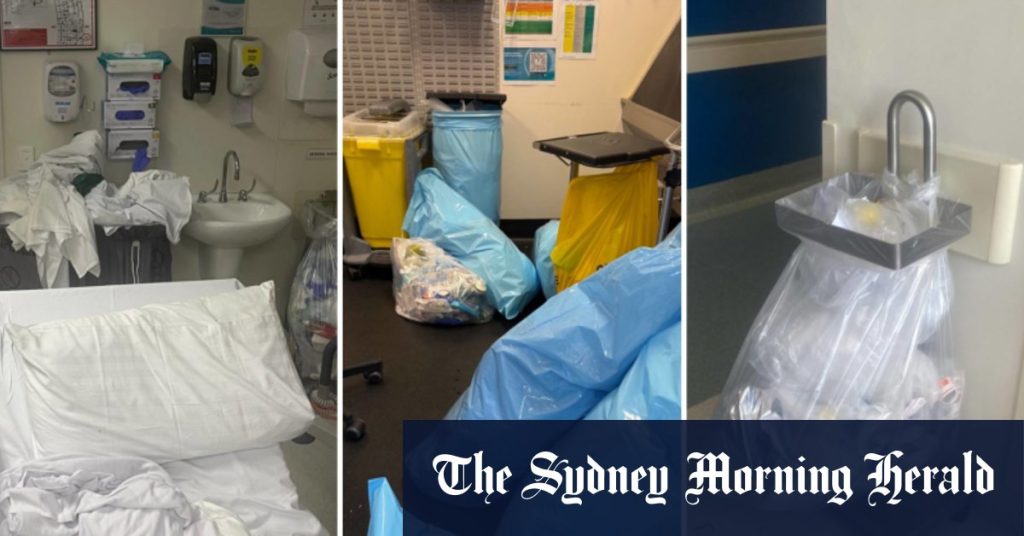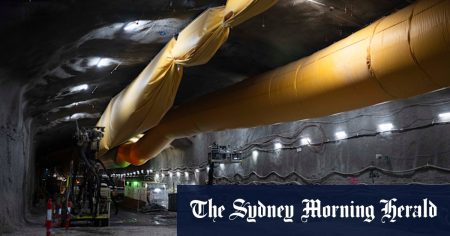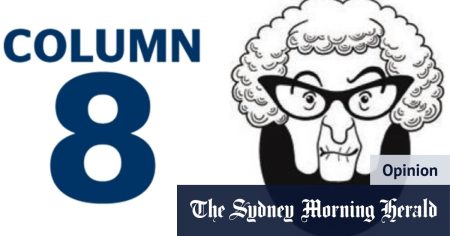The ongoing pay dispute between Healthscope, Australia’s second-largest private hospital operator, and its nursing and midwifery staff has escalated dramatically, with the company threatening significant pay cuts for employees who refuse to perform non-clinical duties. At seven New South Wales hospitals, nurses and midwives have been engaging in industrial action, refusing tasks such as mopping floors, emptying bins, delivering meals, and completing administrative paperwork, arguing that these duties detract from their primary responsibility of patient care. Healthscope’s initial attempt to impose a blanket 7.5% pay reduction was rejected by the Fair Work Commission, but the company has returned with a more aggressive tactic, threatening pay cuts of up to 33.3% for specific roles if staff continue to refuse these non-clinical tasks. This move marks a significant escalation in the conflict, raising concerns about patient care and the overall working conditions within these private hospitals.
The core issue revolves around the nurses’ and midwives’ contention that they are being routinely required to perform duties outside their clinical scope, effectively functioning as cleaners, porters, and administrative staff. The NSW Nurses and Midwives’ Association (NSWNMA) argues that these tasks divert valuable time and resources away from patient care, compromising the quality of service and increasing the workload on already stretched nursing staff. They assert that these non-clinical duties should be handled by designated support staff, allowing nurses and midwives to focus on their specialized training and responsibilities, ultimately benefiting patient outcomes. Healthscope’s counter-move to impose substantial pay cuts underscores the company’s stance that these tasks are inherent to the nursing and midwifery roles, despite the union’s arguments to the contrary.
The Fair Work Commission’s intervention has played a key role in shaping the trajectory of the dispute. While rejecting Healthscope’s initial attempt at a blanket pay reduction, the commission has subsequently approved further industrial action by the nurses and midwives, allowing them to refuse administrative tasks and data entry. This decision effectively legitimizes the union’s argument that these tasks can and should be completed by non-nursing personnel, further strengthening their position in the negotiations. However, Healthscope’s subsequent move to implement targeted pay cuts for specific roles circumvents the commission’s earlier decision, creating a more complex and potentially volatile situation.
Healthscope’s decision to target specific roles with pay cuts raises concerns about the potential for unequal impact and further division among staff. The rationale behind targeting certain roles remains unclear, but it could potentially exacerbate existing tensions and create a sense of inequity within the workforce. The union has vehemently opposed this move, arguing that it unfairly penalizes nurses and midwives for advocating for better working conditions and improved patient care. This targeted approach could also be interpreted as an attempt by Healthscope to undermine the union’s collective bargaining power by selectively penalizing certain members, potentially weakening their resolve and disrupting their unified front.
The nurses and midwives at the affected hospitals, represented by the NSWNMA, argue that Healthscope’s actions demonstrate a lack of recognition for the value and expertise they bring to patient care. They view the imposition of pay cuts for refusing non-clinical duties as a punitive measure designed to silence their concerns and maintain the status quo, where nurses and midwives are expected to perform tasks well outside their core responsibilities. This perceived disregard for their professional expertise and the potential impact on patient safety has fueled the nurses’ and midwives’ determination to continue their industrial action, despite the threat of financial penalties. The dispute highlights the broader issue of workload pressures and resource allocation within the private healthcare system.
The ongoing dispute at Healthscope’s NSW hospitals has far-reaching implications for the broader healthcare sector. The conflict highlights the growing tension between cost-cutting measures and the imperative to provide high-quality patient care. The nurses’ and midwives’ concerns about increasing workloads, inadequate staffing levels, and the erosion of their professional roles resonate with healthcare professionals across the country. The outcome of this dispute could set a precedent for other private healthcare providers, influencing future negotiations and potentially impacting the working conditions and patient care standards across the sector. The need for a sustainable solution that addresses both the financial pressures faced by private hospitals and the legitimate concerns of healthcare workers is paramount to ensuring the long-term viability and quality of Australia’s private healthcare system.










